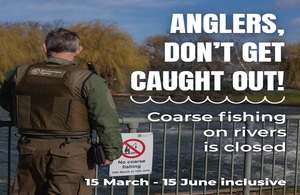Change of British High Commissioner to The Bahamas: Mr Thomas Hartley
Press release
Mr Thomas Hartley has been appointed British High Commissioner to the Commonwealth of The Bahamas in succession to Mrs Sarah Dickson OBE.

Mr Thomas Hartley has been appointed British High Commissioner to the Commonwealth of The Bahamas in succession to Mrs Sarah Dickson OBE who is going to another Diplomatic Service appointment. Mr Hartley will take up his appointment during August 2022.
Full name: Thomas Hartley
Married to: Jennie Hartley
Children: Three
CURRICULUM VITAE
| Date | Role |
|---|---|
| 2018 to present | Accra, Deputy High Commissioner |
| 2015 to 2018 | Beirut, First Secretary. Washington, Middle East Foreign Policy Team, Summer 2017 |
| 2013 to 2015 | FCO, Team Leader, Multilateral Policy Directorate |
| 2012 to 2013 | Home Office, Deputy Director, Organisational Change |
| 2011 to 2013 | Hartley & Son (career break) |
| 2010 | Home Office, Private Secretary to the Rt Hon Baroness Neville-Jones DCMG, Security Minister |
| 2009 to 2010 | Home Office, Private Secretary to the Rt Hon Admiral Lord West DSO, Security Minister |
| 2006 to 2009 | Ministry of Defence, Team Leader, Strategy Directorate |
| 2005 | Civil Service Fast Stream |
Published 28 June 2022

